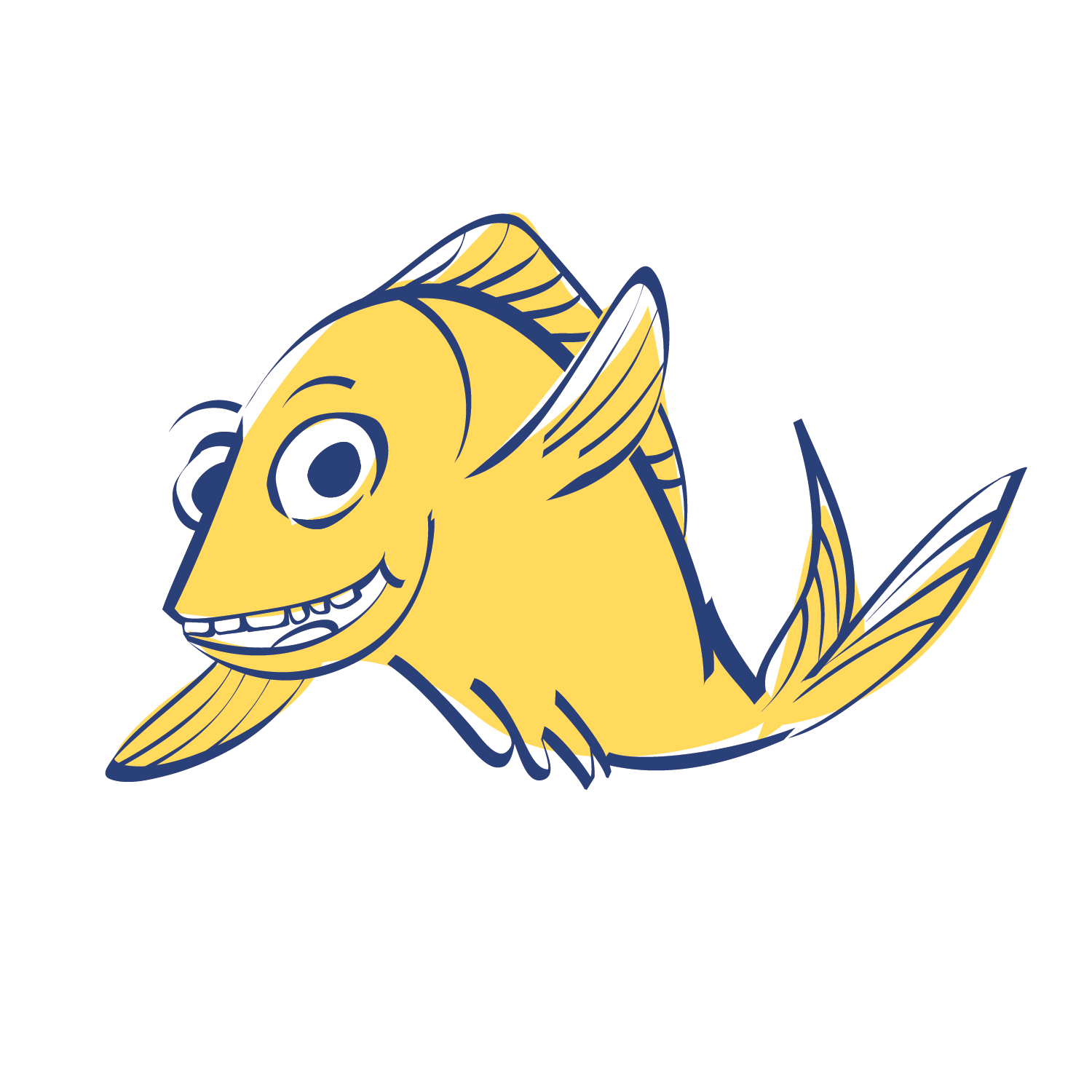RECONSIDERING THE ESSENCE OF TIME WITH GUA PUNYA SUKA (GPS)
THANK YOU, BANI HaYKAL
By Carolyn Oei, 27 March 2023
A note about the cover image: This is a vegan rigatoni I had for a last dinner in Seoul on 15 July 2022. It was divine. I replicated the dish when I got home and, while not difficult, the process was laborious and time-consuming. Taking the time to cook is something I deeply enjoy and appreciate because I don’t abide by zapping my food. Photo: Carolyn Oei.
I recently hopped off a moving train that was an exhibition at the Esplanade in Singapore. It rained heavily every day before the exhibition opened and threatened to storm every day as we scrunched up the little yellow accordion gates to let people in. We were out in the open with minimal shelter. When it didn’t rain, we were thankful, even as we fried in the searing heat. Does your hair curl, too, in 90 percent humidity? Mid to late March is meant to be the drier phase of the Northeast monsoon, but the weather’s been wonky for a while now. For you, too, I’m sure, wherever you are.
I’m exhausted – the project was about eight months in the making – but also very chuffed because it was, to me, a success. My role in the project was that of producer, which is quite nebulous because a producer produces, ie: does what needs to be done to make the project happen. On the ground, I was front and centre at the entrance.
“Hi! Welcome to our art exhibition!”
“Oh. Art exhibition…?”
“Yes! This is a participatory art exhibition…these mutant dolls were made by the children at our centre…That’s the Studio where you can…and over there is a drawing tent…and here’s a ticket for the claw machine…Enjoy!”
I moderated my spiel depending on time of day, person/s being addressed and the length of the queue forming behind said person/s being addressed, but I needed an average of 60 seconds to introduce the exhibition. I was conflicted between getting into the complexities of what looked like a carnival with prizes and fun and satisfaction for free and letting people in to find out for themselves, which often resulted in (a) no deeper appreciation for the message of the exhibition and (b) disappointment because the only prizes to be won were stickers.
“No, you can’t take them home. The dolls are part of the exhibition.” I do my best to smile as sweat floods into my eyes and down my back.
Those 60 seconds got me thinking about “elevator pitches” that have become a de rigueur component of entrepreneurship courses. You’re in a lift with someone you recognise to be important and vital to your success as a person and you have 30 seconds to sear a memory of you in their brains; reducing your worth to a sentence or string of buzz words; disregarding the layers of complexity that you’re made of.
Those 30 seconds got me thinking about the anxious rush that we’ve come to accept as how we must, should, ought to live. Needing more time is laziness, unproductiveness, inefficiency, a lack of commitment, failure.
The notion of needing more time got me thinking about my relationship with Time. I get angry with Time a lot. I get angry with Time because Time makes me shout at, scold and berate myself for needing more, more, more.
Yet, we do need more if we continue to be enslaved by parameters of productivity that intentionally believe they can control, well, just about everything; time, the climate, people.
“It’s a project which responds to finding ways of building mutual respect, to small ways of reducing our reliance on motorised vehicles for those of us who are able bodied and to think through our collective rhythms in relation to climate crisis. ”



